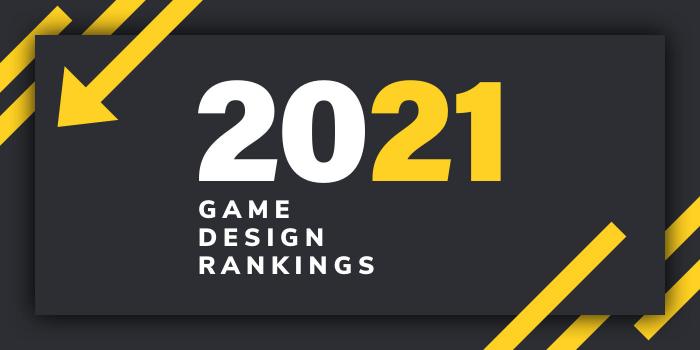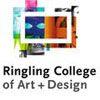Full Sail University was established in 1979. The school offers AS, BS, BFA, MS and MFA programs in Entertainment, Media, and the Arts. Graduate certificates are also available. Located just 35 minutes from downtown Orlando and Universal Studios, the school also offers unique internship opportunities to a population of 15,000 students.
The Game School at Full Sail offers several programs for aspiring game designers. Undergraduate offerings include BS degrees in Game Art, Game Design, Game Development, Simulation & Visualization, and Mobile Development. A Game Design Certificate is also available.
Graduate degrees include an MS in Game Design or Mobile Gaming (online). In the Game Art BS students will create 3D content and “take traditional art and animation principles and apply them to models that look, move and articulate artistically,” says the school. Course highlights for the program include Game Animation, Motion Capture, and Level Assembly & Lighting.
The Game Design BS is designed to enhance the students “ability to work in a game studio environment.” The program “is comprised of high-level game design and production courses that will take” students “deep into the game development pipeline.” The program covers key industry concepts influencing both systems and level designs that will prepare students to prototype and evaluate their game projects. Course highlights include Game Balancing, Game Mechanics, and Prototyping.
The BS in Game Development guides students through the entire game development cycle, from pre-production to finished product. Course highlights include Artificial Intelligence, Engine Development, and Data Structure and Algorithms. Graduates will have the ability to create program code for 3D graphic display, multiplayer gaming, artificially intelligent opponents, and real-time virtual environments.
The BS in Simulation & Visualization equips students with the programming and critical-thinking skills needed to study and design virtual systems. Course highlights include Virtual and Augmented Reality, Artificial Intelligence, and Computer Graphics. Through hands-on experience, students will develop their “tech savvy in order to keep pace with an ever-evolving industry.”
The Game Design Certificate “gives students foundational knowledge in the structure and rules of gameplay, workflows, and game design theory.” Students in the program will gain basic skills in analyzing decision-making in gameplay, scripting testable algorithms, and using digital tools. “With curriculum in C# programming, logic, and functions,” this seven-month campus or online certificate “equips students to pursue roles in creating and testing interactive designs in the game design industry.”
MS in Game Design coursework focuses on user experience research, production, and design. Course highlights include Methods and the User Experience, Prototyping and Content Creation, and Game Usability and Testing. The program, which allows students to choose a track that allows them to focus on a chosen area of expertise, culminates in a Game Capstone Experience.
The Mobile Gaming MS consists of graduate level mobile gaming research, emerging technologies, and the application of theoretical concepts to game design and development. Course highlights include Computer Science for Engineers, Game Development Frameworks, and Mobile Gaming Business. The program culminates in a thesis, which allows students to complete a fully playable mobile game of their own design.
The Game Art and Game Design BS degrees are available on campus and online, while the MS in Mobile Gaming is available entirely online.







